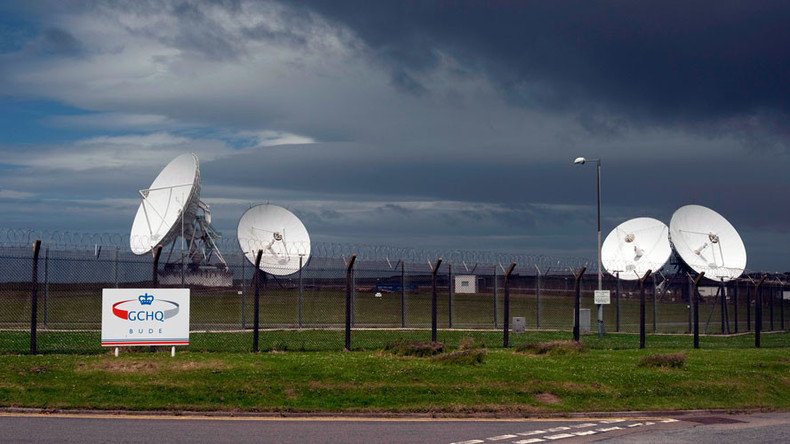British security services spied on high-profile figures in operations that were not justified, according to previously top secret information released on the second day of a court hearing on surveillance powers.
The revelations show that between 2009 and 2013, three spies conducted searches into VIPs that were “not operationally justifiable.”
The disclosed report found another 17 searches, carried out by five intelligence operatives, “may not have been operationally justifiable.”
Civil liberties campaign group Privacy International said it is a matter of “serious concern” that the unidentified high-profile persons were not notified of the surveillance.
The disclosures came on the second day of a four-day hearing at the Investigatory Powers Tribunal, where Privacy International has filed a legal challenge over bulk data collection.
Government lawyers initially refused to publish the figures citing national security, but eventually relented.
The spies in question were warned if they were caught performing unjustified searches again they could face disciplinary action.
Intelligence operatives are not allowed to use the database for information gathering that is not relevant to work.
A code of practice notes: “This includes [but is not limited to] searching for information about yourself, other members of staff, neighbours, friends, acquaintances, family members and public figures, unless it is necessary to do so as part of your official duties. You should be prepared to justify any searches you do make.”
Privacy International legal officer Millie Graham Wood said the security services should notify victims of the intrusive spying.
“It should be of serious concern to everyone that there is no procedure to notify victims of any use, still less misuse, of bulk communications data, so that they can seek an appropriate remedy before the tribunal. Without such a mechanism, and in the absence of independent or judicial authorisation, a victim of abuse has no prospect of ever securing a remedy.”
During the hearing, lawyers acting on behalf of Privacy International challenged the government over bulk data collection.
Privacy International is using the legal case to raise awareness about the secret interpretation of British law which enables intelligence agencies to conduct mass surveillance.
In a hearing at the Investigatory Powers Tribunal on Tuesday, Thomas de la Mare QC, representing Privacy International, said there was a danger this “de facto constant surveillance” could become “the most potent instrument of repression.”

